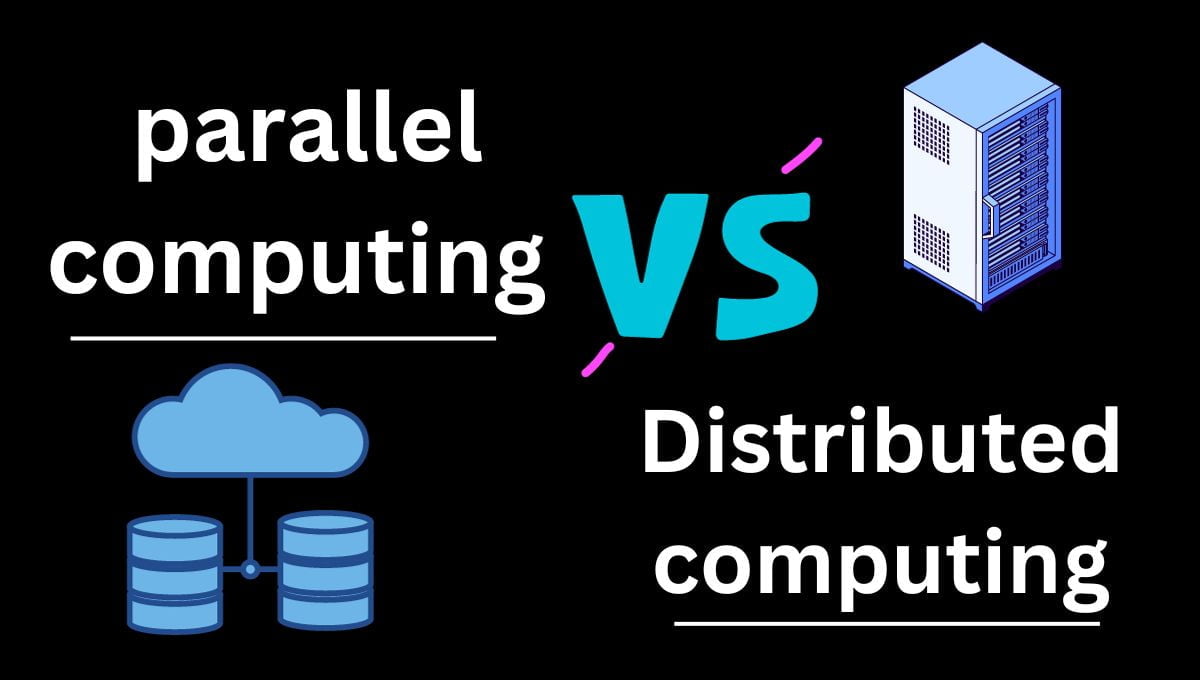FUNDAMENTAL
Top 10 Cloud Computing Companies of 2025

Cloud computing has become an essential part of the modern business landscape, and the industry is expected to continue to grow rapidly in the coming years. With so many different cloud computing providers to choose from, it can be difficult to know where to start.
To help you make a decision, we have compiled a list of the top 10 cloud computing companies of 2025. These companies offer a wide range of cloud services, so you can find the right solution for your specific needs.
1. Amazon Web Services (AWS)
AWS is the world’s leading cloud computing platform, offering a wide range of services, including compute, storage, networking, databases, analytics, machine learning, and artificial intelligence. AWS is used by millions of customers around the world, including businesses of all sizes, startups, governments, and educational institutions.
Link to Amazon Web Services: https://aws.amazon.com/
2. Microsoft Azure
Microsoft Azure is a cloud computing platform that offers a broad range of services, including compute, storage, networking, databases, analytics, machine learning, and artificial intelligence. Azure is used by millions of customers around the world, including businesses of all sizes, startups, governments, and educational institutions.
Link to Microsoft Azure: https://azure.microsoft.com/en-us
3. Google Cloud Platform (GCP)
Google Cloud Platform (GCP) is a cloud computing platform that offers a broad range of services, including compute, storage, networking, databases, analytics, machine learning, and artificial intelligence. GCP is used by millions of customers around the world, including businesses of all sizes, startups, governments, and educational institutions.
Link to Google Cloud Platform: https://cloud.google.com/
4. IBM Cloud
IBM Cloud is a cloud computing platform that offers a broad range of services, including compute, storage, networking, databases, analytics, machine learning, and artificial intelligence. IBM Cloud is used by millions of customers around the world, including businesses of all sizes, startups, governments, and educational institutions.
Link to IBM Cloud: https://www.ibm.com/cloud
5. Alibaba Cloud
Alibaba Cloud is a cloud computing platform that offers a broad range of services, including compute, storage, networking, databases, analytics, machine learning, and artificial intelligence. Alibaba Cloud is used by millions of customers around the world, including businesses of all sizes, startups, governments, and educational institutions.
Link to Alibaba Cloud: https://www.alibabacloud.com/
6. Salesforce
Salesforce is a cloud computing platform that offers a broad range of services, including customer relationship management (CRM), enterprise resource planning (ERP), and marketing automation. Salesforce is used by millions of customers around the world, including businesses of all sizes, startups, governments, and educational institutions.
Link to Salesforce: https://www.salesforce.com/
7. Oracle Cloud
Oracle Cloud is a cloud computing platform that offers a broad range of services, including compute, storage, networking, databases, analytics, machine learning, and artificial intelligence. Oracle Cloud is used by millions of customers around the world, including businesses of all sizes, startups, governments, and educational institutions.
Link to Oracle Cloud: https://www.oracle.com/cloud/
8. Tencent Cloud
Tencent Cloud is a cloud computing platform that offers a broad range of services, including compute, storage, networking, databases, analytics, machine learning, and artificial intelligence. Tencent Cloud is used by millions of customers around the world, including businesses of all sizes, startups, governments, and educational institutions.
Link to Tencent Cloud: https://www.tencentcloud.com/
9. Fujitsu Cloud
Fujitsu Cloud is a cloud computing platform that offers a broad range of services, including compute, storage, networking, databases, analytics, machine learning, and artificial intelligence. Fujitsu Cloud is used by millions of customers around the world, including businesses of all sizes, startups, governments, and educational institutions.
Link to Fujitsu Cloud: https://www.fujitsu.com/global/services/hybrid-it/
10. SAP
SAP is a cloud computing platform that offers a broad range of services, including enterprise resource planning (ERP), customer relationship management (CRM), and human capital management (HCM). SAP is used by millions of customers around the world, including businesses of all sizes, startups, governments, and educational institutions.
Link to SAP: https://www.sap.com/index.html
Conclusion
These are just a few of the many cloud computing companies that are offering innovative and reliable services. When choosing a cloud computing provider, it is important to consider your specific needs and requirements. You should also compare the different providers to find the best price and features.
FAQs
Which cloud provider is best for startups?
Amazon Web Services (AWS) and Google Cloud Platform (GCP) are popular choices for startups due to their scalability and pay-as-you-go pricing models.
Are these companies secure for sensitive data?
Yes, most of these cloud providers have robust security measures in place to protect sensitive data. However, it’s essential for businesses to implement their security practices.
Can I switch between cloud providers easily?
Switching between cloud providers can be challenging due to compatibility issues. It’s advisable to choose the right provider from the start.

 FUNDAMENTAL1 year ago
FUNDAMENTAL1 year agoHow Cloud Computing Improving Customer Service Processes

 FUNDAMENTAL5 months ago
FUNDAMENTAL5 months agoWhat is cloud computing? A Comprehensive Guide

 CLOUD COMPUTING2 months ago
CLOUD COMPUTING2 months agoWhat Is Vlan and VSAN In Cloud Computing?

 FUNDAMENTAL2 months ago
FUNDAMENTAL2 months agoHow can Cloud Technology Help Small Businesses ?

 FUNDAMENTAL5 months ago
FUNDAMENTAL5 months agoEvolution of Cloud Computing : A Well-Explained

 FUNDAMENTAL2 months ago
FUNDAMENTAL2 months agoIaaS PaaS and SaaS in cloud computing

 CLOUD COMPUTING2 months ago
CLOUD COMPUTING2 months agocloud bursting in cloud computing

 FUNDAMENTAL2 months ago
FUNDAMENTAL2 months agoWhich is a fundamental attribute of cloud computing?
















